

Tao Te Ching
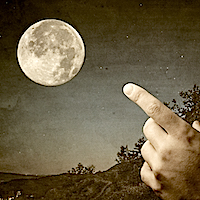
Words or the sense?
Do we understand the words or the sense? Do we see the forest or the trees, the surface or the roots, the effects or the causes, the illusion or the reality? In the famous story about Tilopa’s confrontation with Naropa, Naropa—although at the height of the highly evolved academic world of his time—realized that he only understood the words, not the “sense.” Even the wisest words only fit relevantly into a particular time, place, culture, and circumstance. When most relevant, they’re most often laughed at and ridiculed. And if they persist, condemned. Later they may be admired and honored only to soon sink into cliche, platitude, and numbness.
But at any stage, the words can spark a deeply personal realization.
J. D. Salinger retells an old Taoist story about the Duke of Chin who asked Po Lo to recommend someone who could find a superior horse for him. Po Lo suggested Kao who found a superior horse but when asked by the Duke what kind of a horse he found said a dun-colored mare. When it turned out to actually be a black stallion, Po Lo explained how Kao—because he focused on the inner qualities—lost track of the unimportant external ones. This led to a group realization of the sense underpinning the words.
Quotes (195)
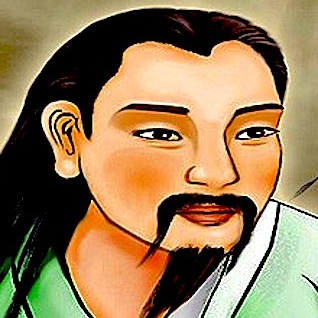
“A man may fail in his education to penetrate to the real roots of humanity and remain fixed in convention. A partial education of this sort is as bad as none.”

“May I write words more naked than flesh, stronger than bone, more resilient than sinew, sensitive than nerve.”

“However many holy words you read, however many you speak, what good will they do you if you do not act on upon them?”

“We must go beyond word and discrimination and enter upon the path of realization.”

“Truth cannot be cut up into pieces and arranged into a system. Words are only a figure of speech.”
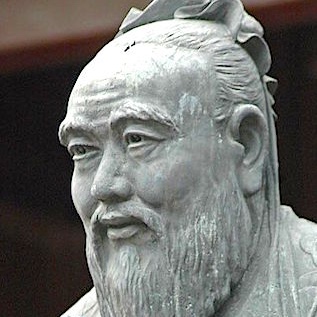
“I hear and I forget. I see and I remember. I do and I understand.”
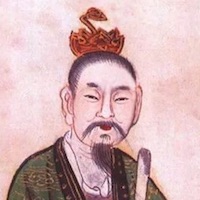
“Whatever is written or inscribed and can be handed on to others is crude generalization... the world does not know to esteem those who do not speak.”

“The king only loves the words, he cannot make use of the reality.”
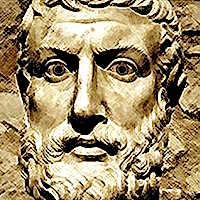
“all these things are but the names which mortals have given, believing them, to be true”
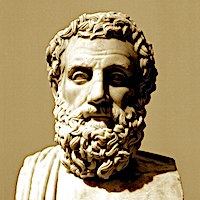
“Many value appearances more than reality—thus they violate what’s right.”
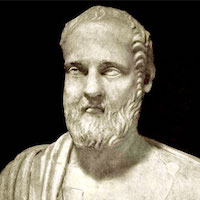
“it is as reprehensible to hear a profitable saying and not grasp it as to be offered a good gift by one's friends and not accept it.”
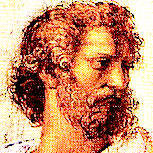
“The artistic representation of history is a more scientific and serious pursuit than the exact writing of history. For the art of letters goes to the heart of things, whereas the factual report merely collocates details.”
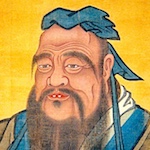
“What does ‘understanding words’ mean? With half-truths, it means knowing what is concealed; with seductive words, knowing the trap created; with deceitful words, seeing the lies; with evasive words, understanding the desperation behind the language.”
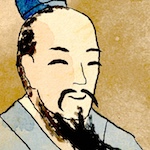
“The purpose of a fish trap is to catch fish, and when the fish are caught, the trap is forgotten. The purpose of words is to convey ideas. When the ideas are grasped, the words are forgotten. Where can I find a man who has forgotten the words, so that I can talk to him?”

“Where can I find someone who has penetrated beyond words? That's who I'd like to have a word with.”
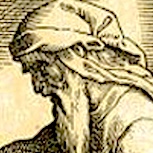
“The more the words, the less the meaning, and how does that profit anyone?”

“The learning of the gentleman enters through his ears, fastens to his heart, spreads through his four limbs, and manifests itself in his actions. ... The learning of the petty person enters through his ears and passes out his mouth. From mouth to ears is only four inches—how could it be enough to improve a whole body much larger than that?”

“The wise don’t fill their lessons with words or their shelves with books. The world may pass them by, but rulers turn to them when they want to learn what no one else learns.”
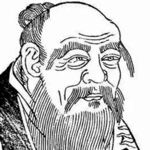
“Those who know, value deeds not words. A team of horses can’t overtake the tongue. More talk means more problems.”
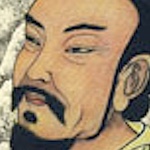
“When rites and duties become decorations they breed artificial and hypocritical people.”
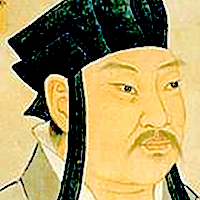
“Speech is the heart’s sounds and writing it’s images but ‘Speech cannot fully express what is in the heart, nor can writing fully express speech’ — only sages understand the true meanings.”

“I did not so much gain the knowledge of things by the words, as words by the experience I had of things.”
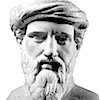
“The self-directed metaphysician discovers the life-germ, understands not just seeming-knowledge but authentic science; and, abandoning all the realms of deceit and falsity, wanders in the ‘Meadows of Truth.”

“When a person follows the way of the world or the way of tradition and believes in words instead of the sense, the rites instead of the experience; knowledge of Reality cannot arise.”

“The words printed here are concepts. You must go through the experiences.”

“Truth has nothing to do with words. Truth can be likened to the bright moon in the sky. Words, in this case, can be likened to a finger. The finger can point to the moon’s location. However, the finger is not the moon. To look at the moon, it is necessary to gaze beyond the finger.”

“Freedom of thought means having no thought in the midst of thought.”

“If the right man preaches the wrong way, the way will follow the man and become right. If the wrong man preaches the right way, the way will follow the man and become wrong.”

“The meaning does not reside in the words, but a pivotal moment brings it forth.”
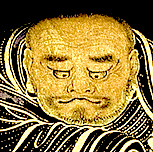
“The Way is not something which can be studied. Study leads to retention of concepts and so the Way is entirely misunderstood… The first step is to refrain from knowledge-based concepts.”
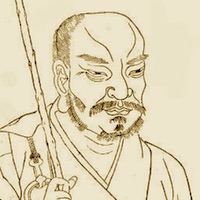
“If you know that the real thing has been purposefully put aside, you can use a little effort to discover it.”

“Gather every thought and concept into the clarifying universe of body, speech, and mind that empties into the all-embracing mind.”
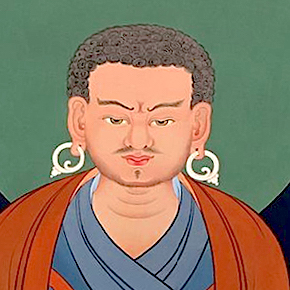
“Mind is like the sky
Don't corrupt it with a mist of conceptualizations.”

“If the proverb's secret inner meaning does not become clear,
If you can't feel the results in your life,
All those words are just bubbles of spit.”
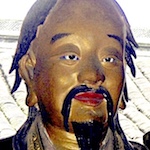
“Only if you can forget the words and embody the meaning will you (have)... the ability to kill people's false selves and conditioned perceptions”

“The treasury of teachings of the whole age cannot explain it thoroughly.”

“What is important is to respect the root and extend it to the branches... Those who realize transcendence pass through words and phrases and make them come to life.”
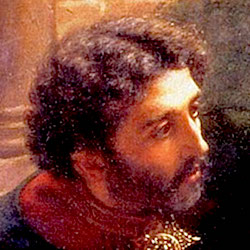
“Those who recommend faith without understanding are in many cases seeking to cover up their inability to teach faith intelligibly”

“Nothing can be believed unless it is first understood; and that for any one to preach to others that which either he has not understood nor they have understood is absurd.”
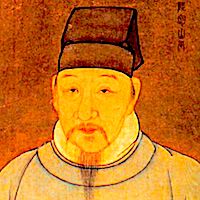
“Reading should be an active search for the vital arteries, not a matter of understanding only the words, the literal meaning which only leads to being harmed by what we read.”
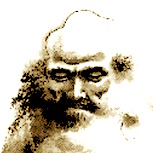
“Possessing much knowledge is like having a thousand foot fishing line with a hook, but the fish is always an inch beyond the hook.”

“A noble heart’s words are as rare gems, seldom displayed and of great value.”
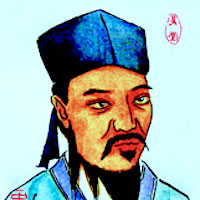
“Those who understand yet seem not to understand are the wisest of people… Those who don’t understand yet think they understand are, in fact, the stupidest of people.”

“Our knowledge is molded and limited by our means and ways of perceiving things; it is locked up in the prison of our minds and it must not pretend to be the objective or ultimate truth about anything.”
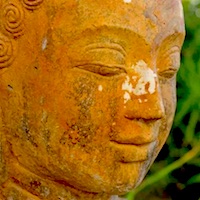
“If you hear the wordless sutra once, the heavens will become sutras filled with golden words, clear and obvious before you.”
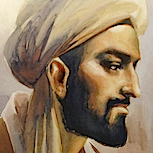
“Blindly following ancient customs and traditions doesn’t mean that the dead are alive but that the living are dead.”
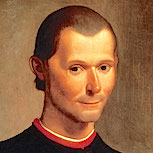
“The majority of mankind are satisfied with appearances, as though they were realities, and are often more influenced by the things that seem than by those that are.”

“Men in general judge more from appearances than from reality. All men have eyes, but few see clearly.”

“The vulgar crowd always is taken by appearances, and the world consists chiefly of the vulgar.”

“Learned we may be with another man's learning: we can only be wise with wisdom of our own.”

“At the beginning of this book, Lao-tzu says that Tao can’t be put into words. But are its 5,000-odd characters not words? Lao-tzu waits until the last verse to explain this. He tells us that though the Tao itself includes no words, by means of words it can be revealed – but only by words that come from the heart.”

“Human knowledge is a mere ill-digested mass made up of credulity, accident, and childish notions.”

“You taught me language; and my profit on't is, I know how to curse.”
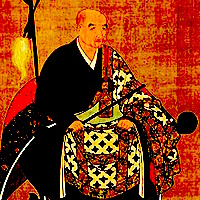
“There are names like Buddha, God, or Heavenly Way but they all point to the mind which is nothingness.”
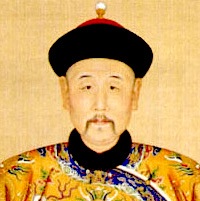
“There are too many men who claim to be pure scholars and yet are stupid and arrogant; we'd be better off with less talk of moral principle and more practice of it.”

“What has the vain science of words to do with the morality which should guide your actions?”
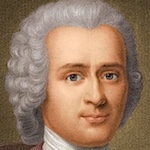
“I hate books; they only teach us to talk about things we know nothing about.”
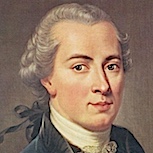
“I do not mean by this a critique of books and systems, but of the faculty of reason in general to be able to strive after understanding independent of experience.”
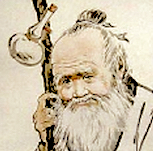
“Knowledge of the ingredients without knowledge of the process cannot accomplish the Tao.”
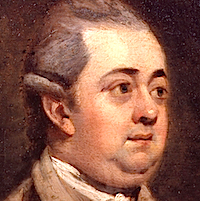
“mankind is governed by names… and submit to slavery, provided they are respectfully assured that they still enjoy their ancient freedom.”

“We have too many high-sounding words, and too few actions that correspond with them.”
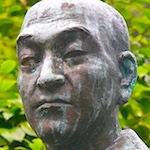
“Because of the finger you can point to the moon. Because of the moon you can understand the finger. The moon and the finger are neither different nor the same… Once you’e really seen things as they are, there’s no more moon, no more finger.”

“A truth won by thinking for ourselves is like a natural limb: it alone really belongs to us. This is the difference between a thinker and a mere scholar.”

“Genius always rises like a palm-tree above the soil in which it is rooted.”

“When we read, another person thinks for us: we merely repeat his mental process… we gradually lose the capacity for thinking... This is the case with many learned persons: they have read themselves stupid.”
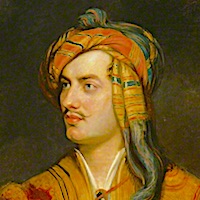
“No words suffice the secret soul to show,
For truth denies all eloquence to woe.”

“One of the mistakes most often committed—and which are the sources of the greatest practical errors in human affairs—is that of supposing that the same name always stands for the same aggregation of ideas.”
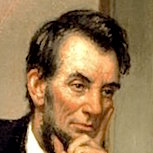
“Character is like a tree and reputation like a shadow. The shadow is what we think of it; the tree is the real thing.”
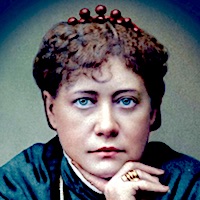
“While Moses forbids 'graven images' of Him whose name is not to be taken in vain, Spinoza goes farther. He clearly infers that God must not be so much as described. Human language is totally unfit... Every attempt to the contrary leads a nation to anthropomorphize the deity in whom it believes”
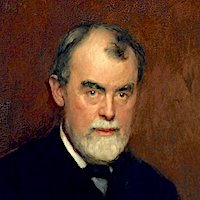
“Human language is too gross a vehicle of thought—thought being incapable of absolute translation... as there can be no translation from one language into another which will not scant the meaning somewhat, or enlarge upon it, so there is no language which can render thought without a jarring and a harshness somewhere”

“Let us make a special effort to stop communicating with each other, so we can have some conversation…”

“Until you think of things as they are, and not of the words that misrepresent them, you cannot think rightly. Words produce the appearance of hard and fast lines where there are none.”

“It's not what you don't know that kills you, it's what you know for sure that ain't true.”
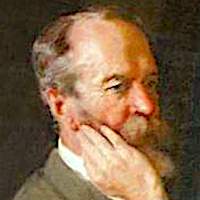
“The Truth; what a perfect idol of the rationalistic mind!... truths are man-made products... Truth grafts itself on previous truth, modifying it in the process”
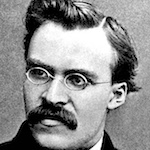 “Not he is great who can alter matter, but he who can alter my state of mind.
“Not he is great who can alter matter, but he who can alter my state of mind.”

“How lovely it is that there are words and sounds. Are not words and sounds rainbows and illusive bridges between things which are eternally apart?”

“Your thoughts are not your experiences, they are an echo and after-effect of your experiences: as when your room trembles when a carriage goes past.”
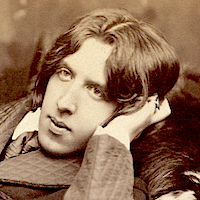
“Education is an admirable thing, but it is well to remember from time to time that nothing that is worth knowing can be taught.”
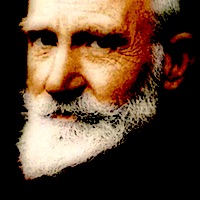
“The single biggest problem in communication is the illusion that it has taken place.”
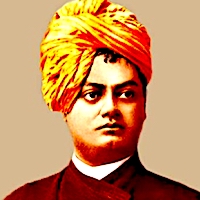
“Do not believe a thing because another man has said it was true. Do not believe in words because they are hallowed by tradition. Find out the truth for yourself.”
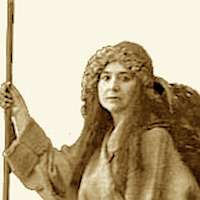
“Who knows the flower best? – the one who reads about it in a book, or the one who finds it wild on the mountainside?”
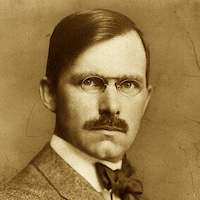
“Most of us have collections of sayings we live by... Whenever words fly up at me from the printed page as I read, I intercept them instantly, knowing they are for me. I turn them over carefully in my mind and cling to them hard.”

“It is not enough to intellectually understand the nature of mind. We have to get rid of the veils that obscure it.”
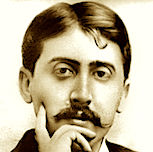
“When we discover the true lives of other people, the real world beneath the world of appearance, we get as many surprises as on visiting a house of plain exterior which inside is full of hidden treasures, torture-chambers, or skeletons”

“The distinction between words and what they designate is one which it is difficult always to remember... [the confused believe that ] Sentences have subjects and predicates, therefore the world consists of substances with attributes.”

“Every statement about the transcendental ought to be avoided because it is invariably a laughable presumption on the part of the human mind, unconscious of its limitations.”

“The God of words is cold and dead and shines from afar like the moon, mysteriously and inaccessibly”

“Words butter no parsnips; nevertheless, this futile procedure is repeated ad infinitum... the reality of life is covered up by so-called clear concepts. Experience is striped of its substance, and instead mere names are substituted, which are henceforth put in the place of reality.”

“If one does not take the verses of the New Testament as being commandments, but as expressions of an extraordinary awareness of the secrets of our soul, then the wisest word ever spoken is: 'Love thy neighbor as thyself.’”
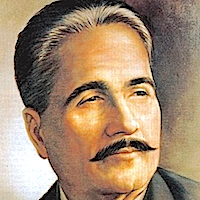
“The standpoint of the man who relies on religious experience for capturing Reality must always remain individual and incommunicable.”

“Words do not express thoughts very well. They always become a little different immediately after they are expressed, a little distorted, a little foolish.”
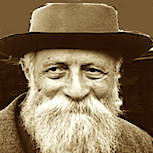
“To understand the true sense of scripture, it’s necessary to remove the palimpsest—the commentaries, interpretations, and understandings accumulated through the centuries that may have been helpful at the time but obscure the true meaning in a different age.”

“Information is not knowledge. The only source of knowledge is experience.”
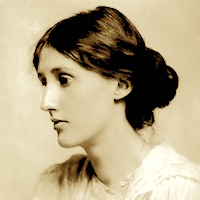
“But to go deeper, beneath what people say—and their judgements, how superficial, how fragmentary they are!—what did it mean to her, this thing she called life?”
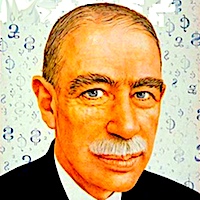
“Words ought to be a little wild, for they are the assault of thoughts on the unthinking…. Ideas shape the course of history.”
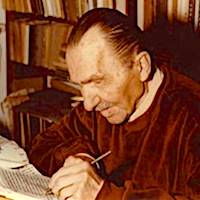
“All those who actually live the mysteries of life haven't the time to write, and all those who have the time don't live them!”

“Every word is an adamantine shell which encloses a great explosive force. To discover its meaning you must let it burst inside you like a bomb and in this way liberate the soul which it imprisons.”

“Half of what I say is meaningless, but I say it so that the other half may reach you.”
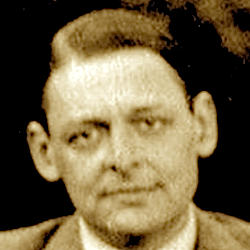
“For last year's words belong to last year's language. And next year's words await another voice.”

“We had the experience but missed the meaning. And approach to the meaning restores the experience in a different form.”
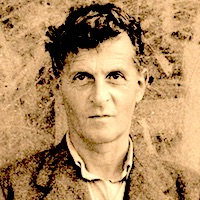
“When language-games change, then there is a change in concepts, and with the concepts the meanings of words change... what men and women consider reasonable alters. At certain periods, men and women find reasonable what at other periods they found unreasonable. And vice versa.”
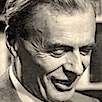
“That which, in the language of religion, is called ‘this world’ is the universe of reduced awareness, expressed, and, as it were, petrified by language.”

“No amount of theorizing can tell us as much about divine Reality as can be directly apprehended by a mind in a state of detachment, charity and humility.”

“To suppose that people can be saved by studying and giving assent to formulae is like supposing that one can get to Timbuctoo by poring over a map of Africa. ”

“The organized Christian churches have persisted in the fatal habit of mistaking means for ends… that souls are saved if assent is given to what is locally regard as the correct formula, lost if it is withheld… The over-valuation of words and formulae so fatally characteristic of historic Christianity.”

“Words can be like X-rays if you use them properly—they’ll go through anything. You read and you’re pierced.”

“Words can be like X-rays if you use them properly—they’ll go through anything. You read and you’re pierced.”

“Never have so many capable writers warned mankind against the dangers of wrong speech—and never have words been used more recklessly by politicians or taken more seriously by the public.”
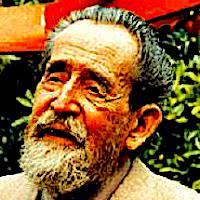
“Astrology is a Language. If you understand this language, the Sky Speaks to You.”

“All ideologies are idiotic, whether religious or political, for it is conceptual thinking… which has so unfortunately divided humanity.”
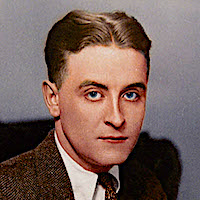
“Daisy began to sing... bringing out a meaning in each word that it had never had before and would never have again.”
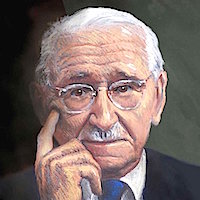
“What at one time are most effective expressions gradually become so worn with use that they cease to carry a definite meaning. The underlying ideas may be as valid as ever, but the words, even when they refer to problems that are still with us, no longer convey the same conviction.”

“In those days, I didn't understand anything. I should have judged her according to her actions, not her words. She perfumed my planet and lit up my life. I should never have run away! … But I was too young to know how to love her.”

“He had taken seriously words which were without importance, and it made him very unhappy.”
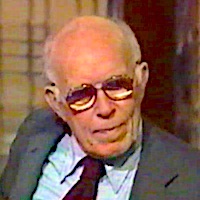
“Thinking at a global level is a useful and exciting intellectual activity, but no substitute for the work needed to solve practical problems at home.”
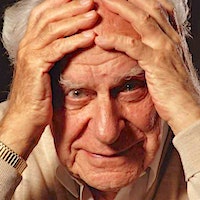
“Definitions are dogmas; only the conclusions drawn from them can afford us any new insight.”
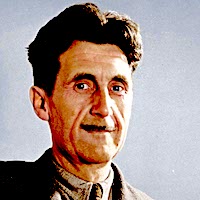
“If people cannot write well, they cannot think well. And if they cannot think well, others will do their thinking for them.”
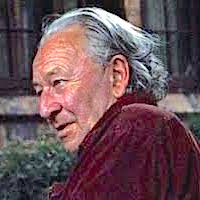
“The major problems in the world are the result of the difference between how nature works and the way people think.”
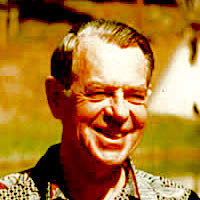
“Every religion is true one way or another. It is true when understood metaphorically. But when it gets stuck to its own metaphors, interpreting them as facts, then you are in trouble.”
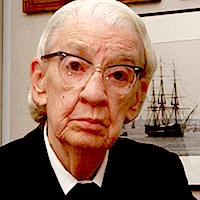
“We're flooding people with information and we need to feed it through a processor… A human must turn information into intelligence.”

“Was it not precisely the discovery of a discrepancy between words, the medium in which we think, and the world of appearances, the medium in which we live, that let to philosophy and metaphysics in the first place?”
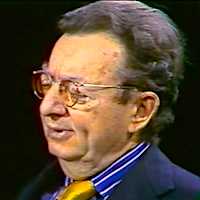
“Lifelong dissent has more than acclimated me cheerfully to defeat. It has made me suspicious of victory. I feel uneasy at the very idea of a Movement. I see every insight degenerating into a dogma, and fresh thoughts freezing into lifeless party line. (1969)”
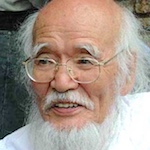
“Human knowledge prevents one from knowing the essence of things; it serves only to cloud and cause us to lose sight of the spirit of things.”

“language is alive, like an organism... Words are the cells of language, moving the great body, on legs. Language grows and evolves, leaving fossils behind. The individual words are like different species of animals.”
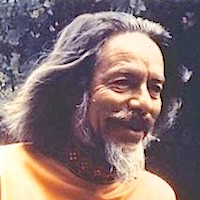
“Music and pure mathematics are closer to life than are languages which point to meanings beyond themselves. Ordinary language refers to life, but music is living.”
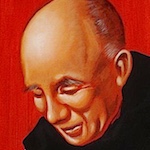
“Confucius may have had access to the manifest aspects of the Tao ‘that can be named,’ but the basis of all Chuang Tzu’s critique of Ju philosophy is that it never comes near to the Tao ‘that can not be named,’ and indeed takes no account of it.”

“Chuang Tzu is not concerned with words and formulas about reality, but with the direct existential grasp of reality in itself. Such a grasp is necessarily obscure and does not lend itself to abstract analysis.”
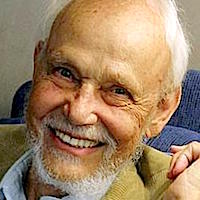
“God has to speak to each person in their own language, in their own idioms. Take Spanish, Chinese. You can express the same thought, but to different people you have to use a different language. Its the same in religion.”

“A postcard of a beautiful lake is not a beautiful lake, and Sufis may be defined as those who dance in the lake.”
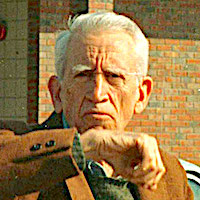
“You never even hear any hints dropped on a campus that wisdom is supposed to be the goal of knowledge... knowledge should lead to wisdom, and if it doesn't, it's just a disgusting waste of time!”

“To really be with the raw stuff of this moment doesn't need identification or labeling.”

“words, words, words—at best evocations, conjurations, incantations, emanations, shimmering, iridescent flares n the sky of darkness”
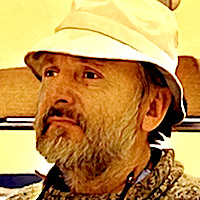
“The doctrinal differences between Hinduism and Buddhism and Taoism are not anywhere near as important as doctrinal differences among Christianity and Islam and Judaism. Holy wars are not fought over them because verbalized statements about reality are never presumed to be reality itself.”

“Language alone protects us from the scariness of things with no names. Language alone is meditation.”
 “what people call beautiful is really just decay… How much greater is the beauty that is underneath the surface.”
“what people call beautiful is really just decay… How much greater is the beauty that is underneath the surface.” 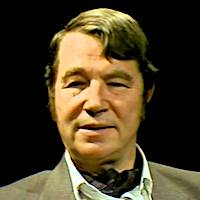
“The real issue is not whether two and two make four or whether two and two make five, but whether life advances by men who love words or men who love living.”
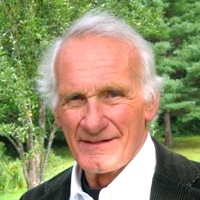
“At its root all language has the character of metaphor, because no matter what it intends to be about it remains language, and remains absolutely unlike whatever it is about.”
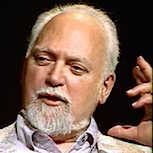
“Every kind of ignorance in the world all results from not realizing that our perceptions are gambles. We believe what we see and then we believe our interpretation of it, we don't even know we are making an interpretation most of the time. We think this is reality.”
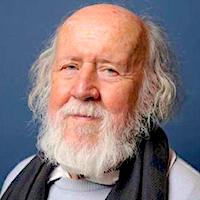
“These are the limits of the scientific method and of logic itself… words can become obstacles.”
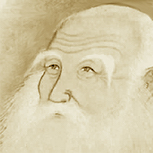
“Although almost all our attention goes toward the surface, the form of government; the deep importance and influence has much less to do with the description, the name - much more to with integrity of the people involved.”
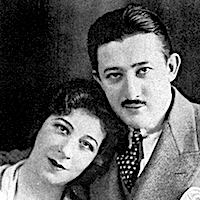
“It's a Barnum and Baily world, just as phony as it can be. But it wouldn't be make-believe if you believed in me.”

“If we think of ‘teaching’ as imparting knowledge, knowledge and skill-sets are necessary but teaching stays on the level of only understanding the words. If by ‘teaching’ we mean, transmitting the true sense of the words, words aren’t even necessary. Realized wisdom communicates with every gesture and expression.”

“Insights become proverbs, proverbs become slogans, slogans become truisms, truisms become clichés, clichés become words, words become dogmas, and dogmas become prisons.”
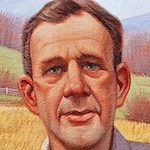
“Better than any argument is to rise at dawn and pick dew-wet red berries in a cup.”
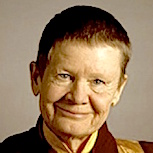
“We have two alternatives: either we question our beliefs - or we don't. Either we accept our fixed versions of reality- or we begin to challenge them. In Buddha's opinion, to train in staying open and curious - to train in dissolving our assumptions and beliefs - is the best use of our human lives.”
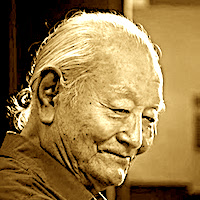
“It can happen that a phrase intended to indicate a state beyond concepts just becomes another concept in itself, in the same way that if you ask a person their name and they reply that they have no name, you will then perhaps mistakenly call them ‘No name’.”
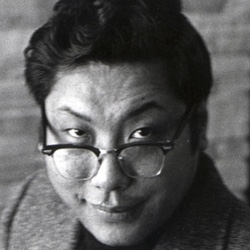
“Either you look and see beyond language – as first perception – or you see the world through the filter of your thoughts.”
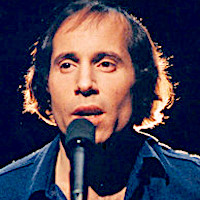
“But all my words come back to me in shades of mediocrity, like emptiness in harmony...”
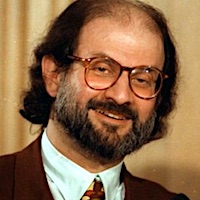
“Names, once they are in common use, quickly become mere sounds, their etymology being buried, like so many of the earth's marvels, beneath the dust of habit.”
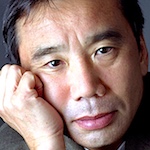
“‘If you listen carefully, you can hear these things. If you look carefully, you’ll see what you’re after.’
‘Words of wisdom?’
‘No, just words — a way of life in words.’”
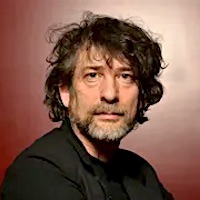
“Religions are, by definition, metaphors, after all… places to stand and look and act, vantage points from which to view the world. Never a word of it is literally true.”
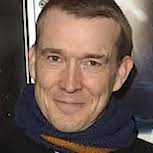
“You’re squeezing a size -eighteen reality into a size-eleven supposition.”
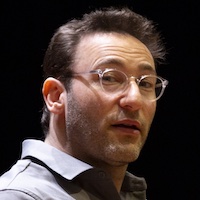
“the more things we do that amplify the abstraction, the harder it becomes to see each other as human... We no longer see each other as people; we are now customers, shareholders, employees, avatars, online profiles, screen names, email addresses and expenses to be tracked.”
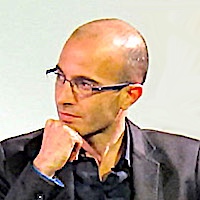
“When I think of the mystery of existence, I prefer to use other words, so as to avoid confusion. And unlike the God of the Islamic State and the Crusades – who cares a lot about names and above all about His most holy name – the mystery of existence doesn’t care an iota what names we apes give it.

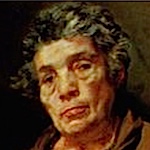

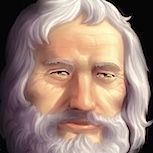
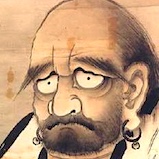
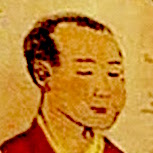
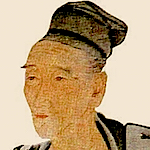

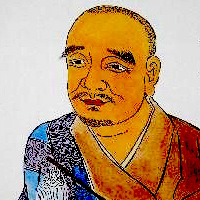
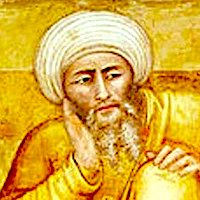

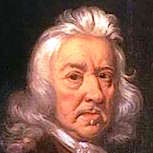
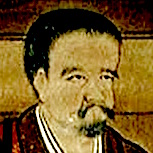
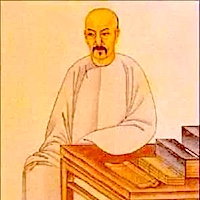
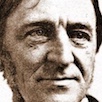
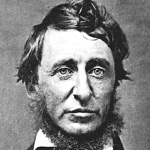

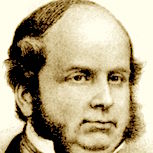
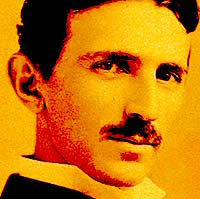

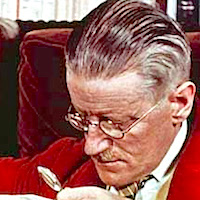
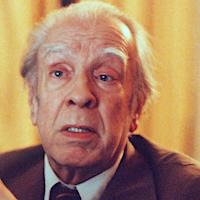
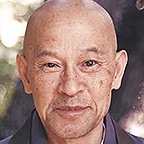
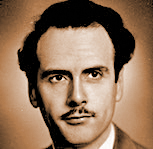


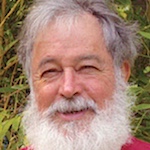
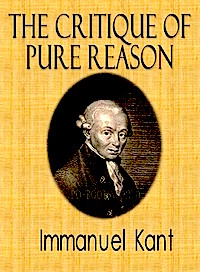

Comments (1)